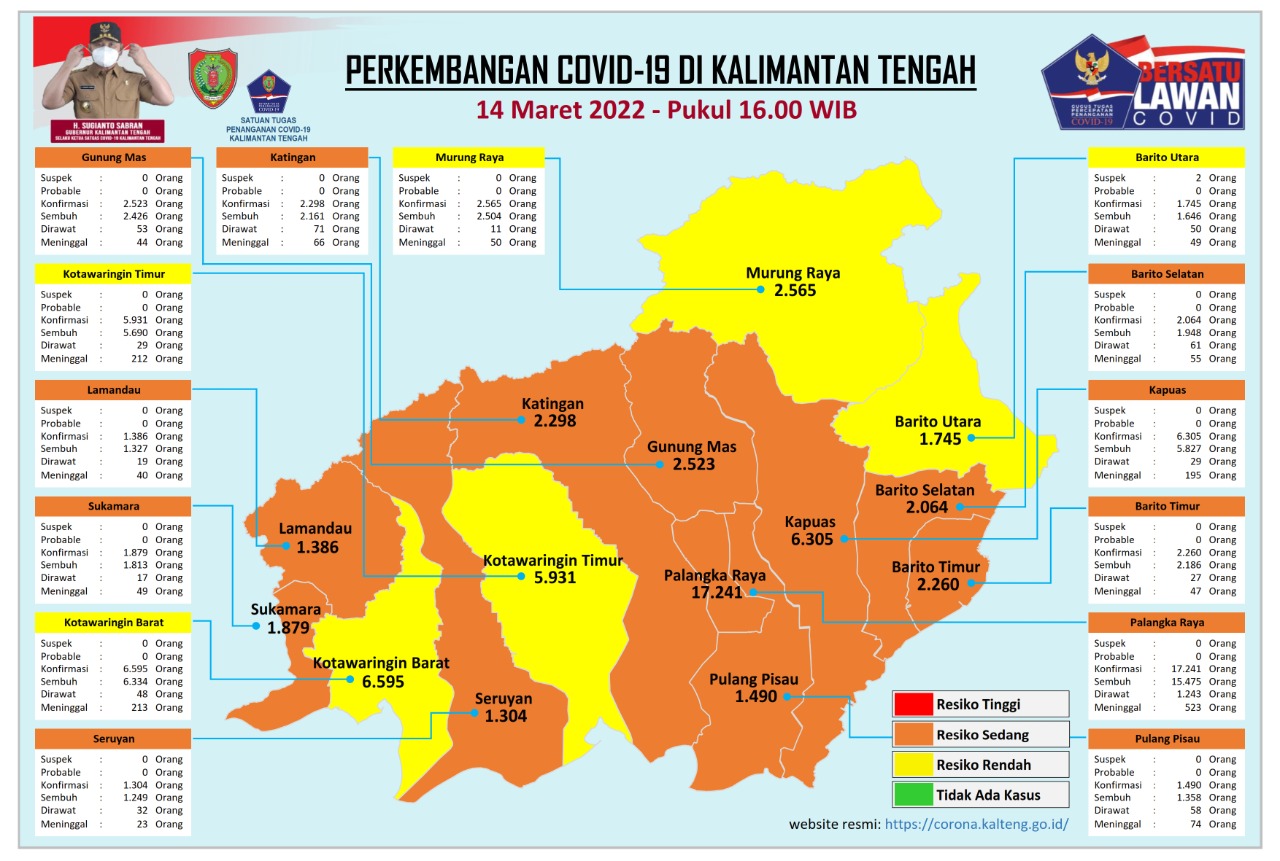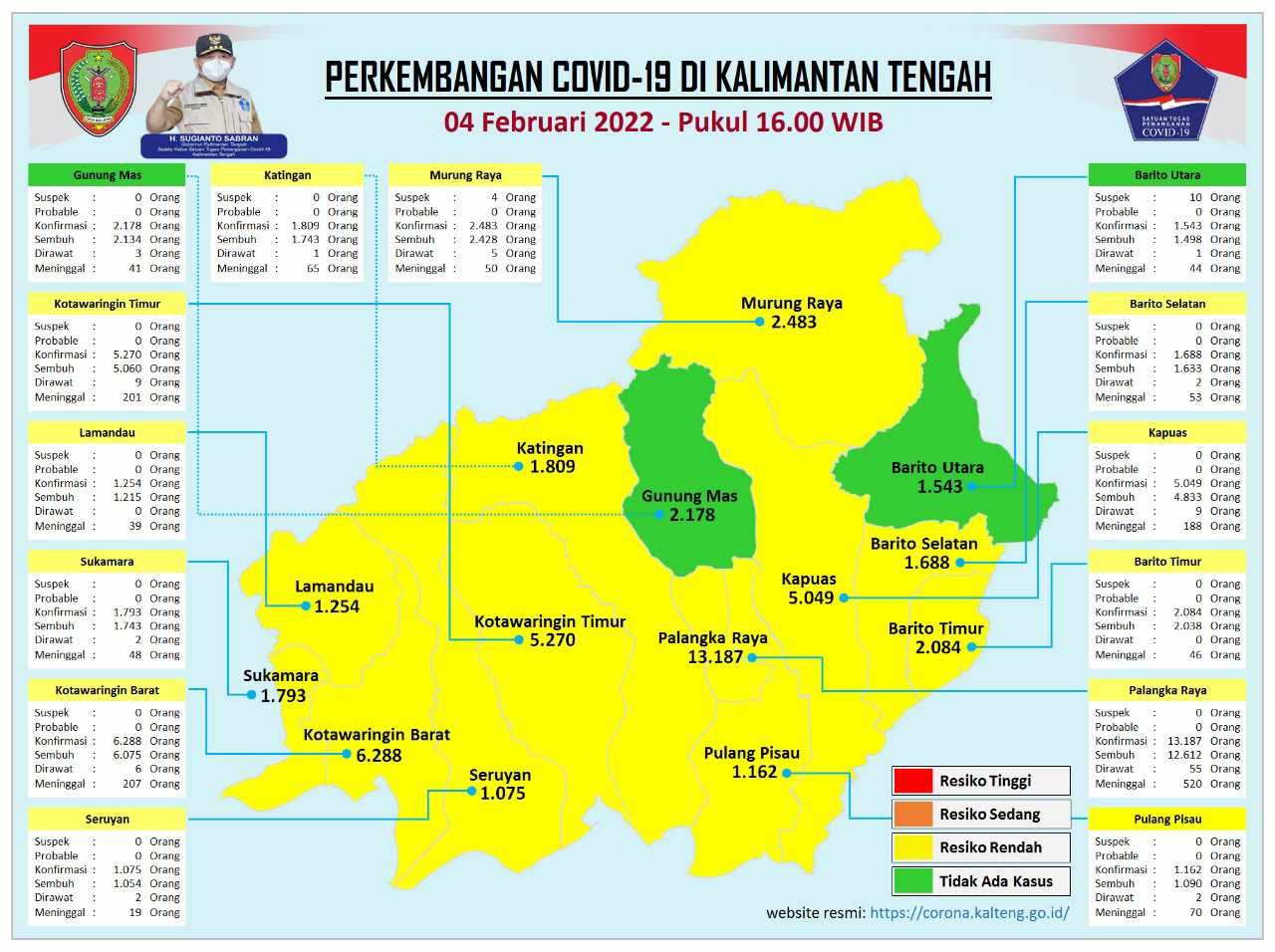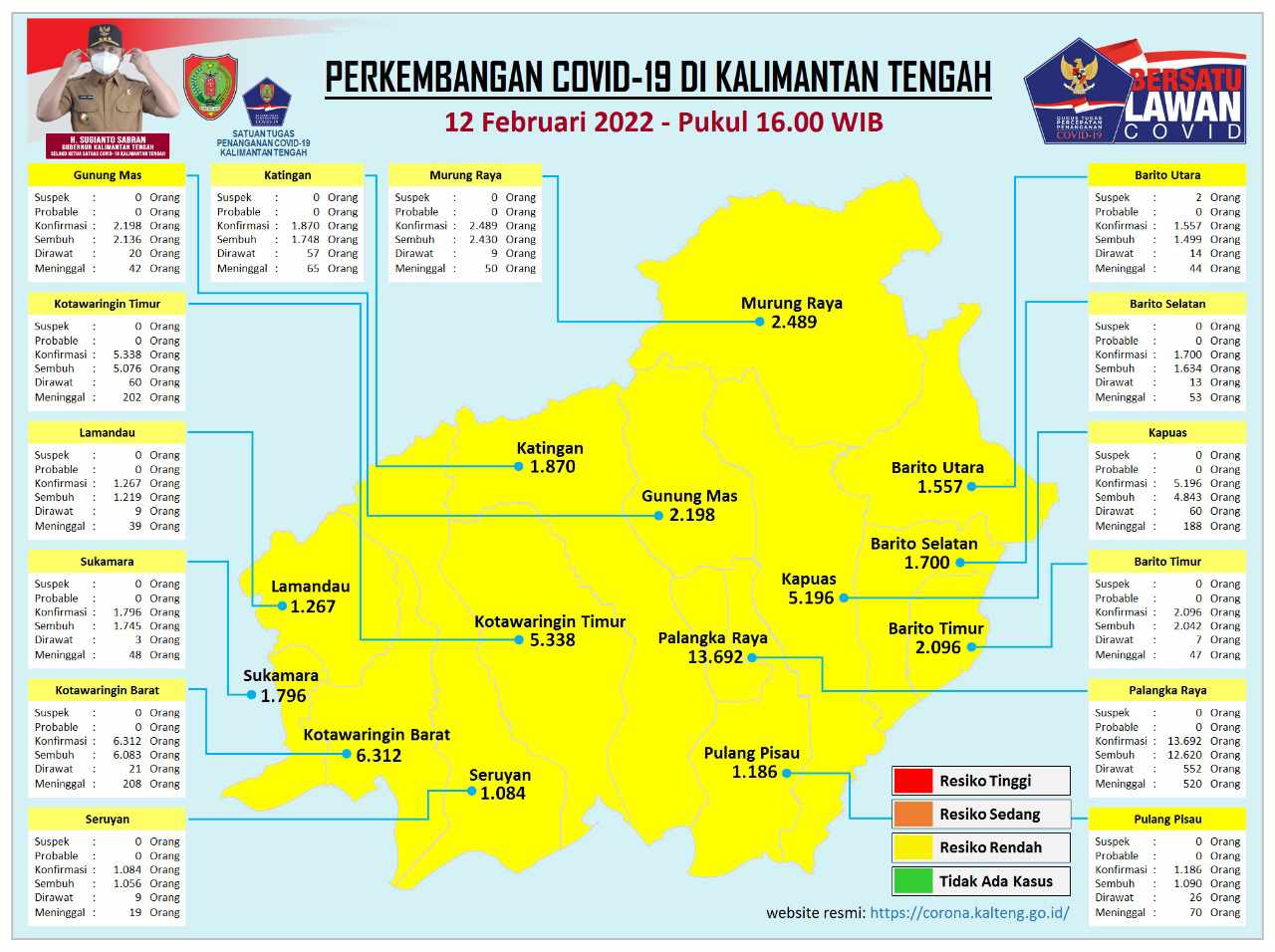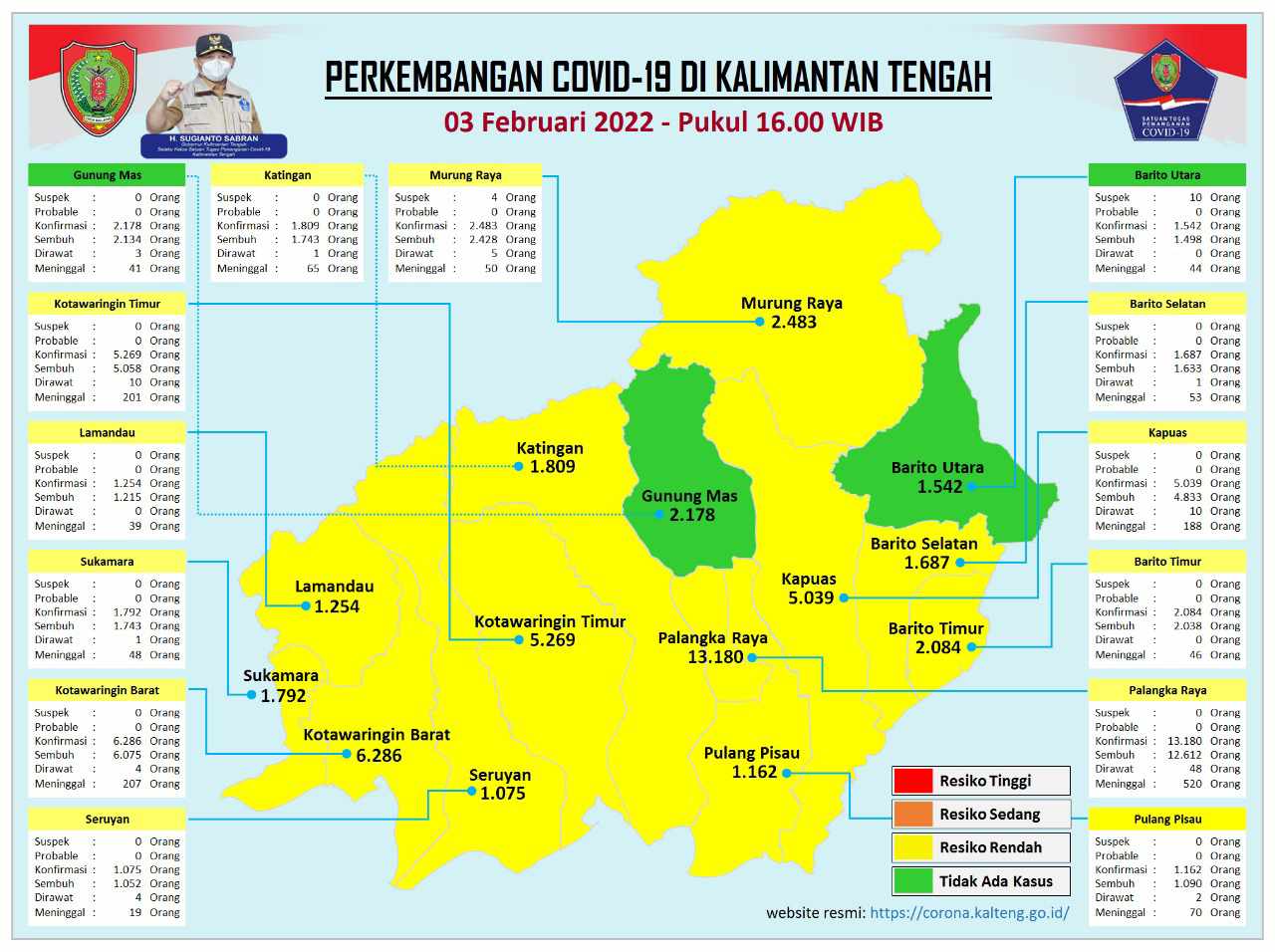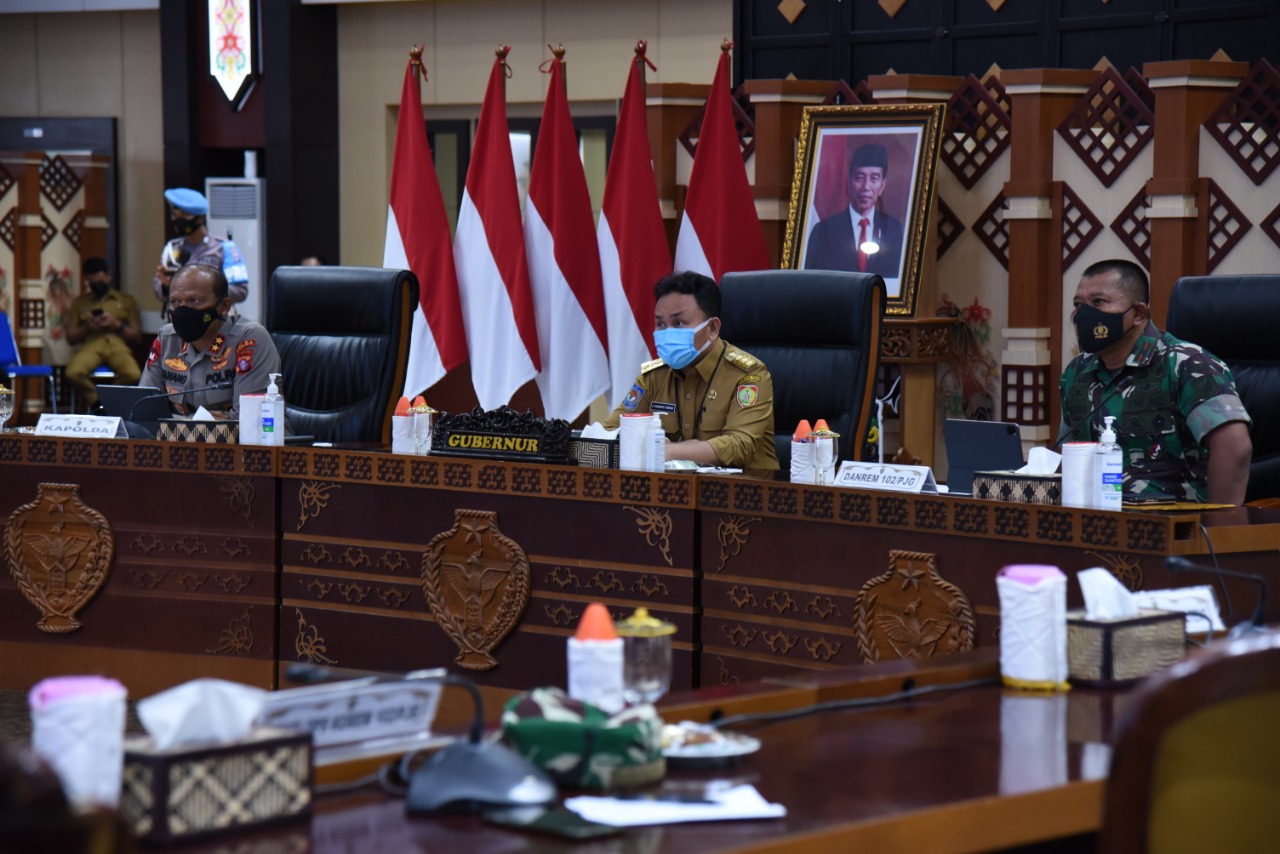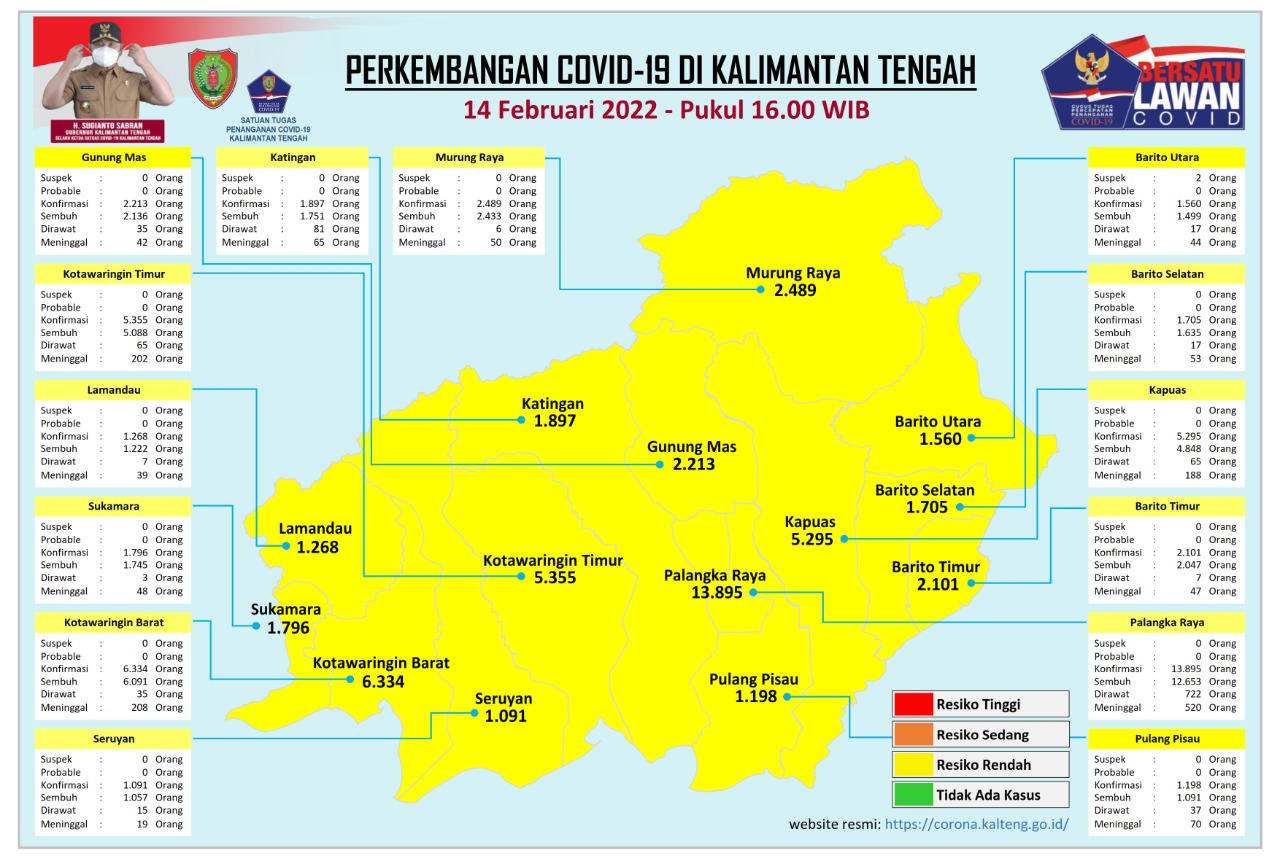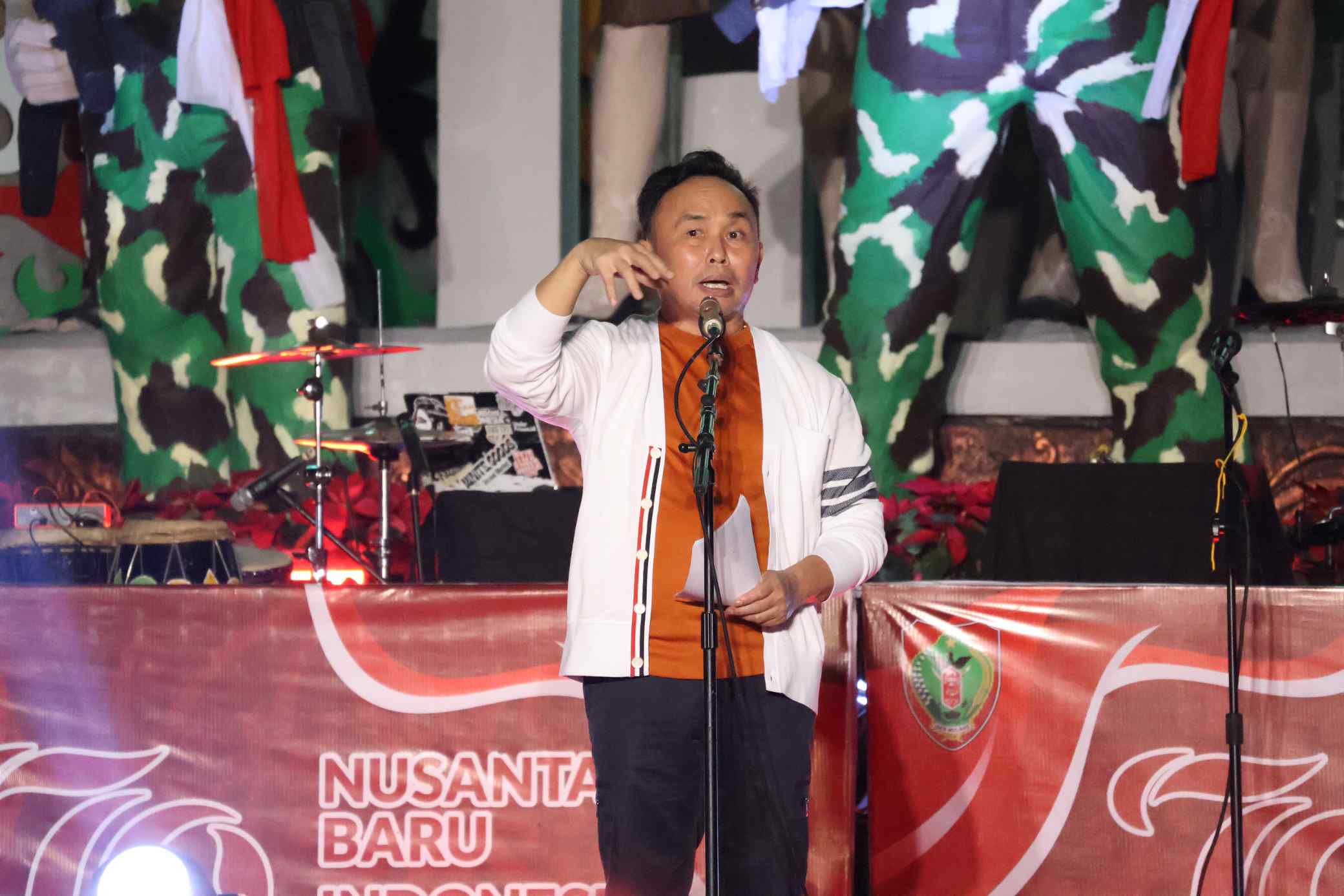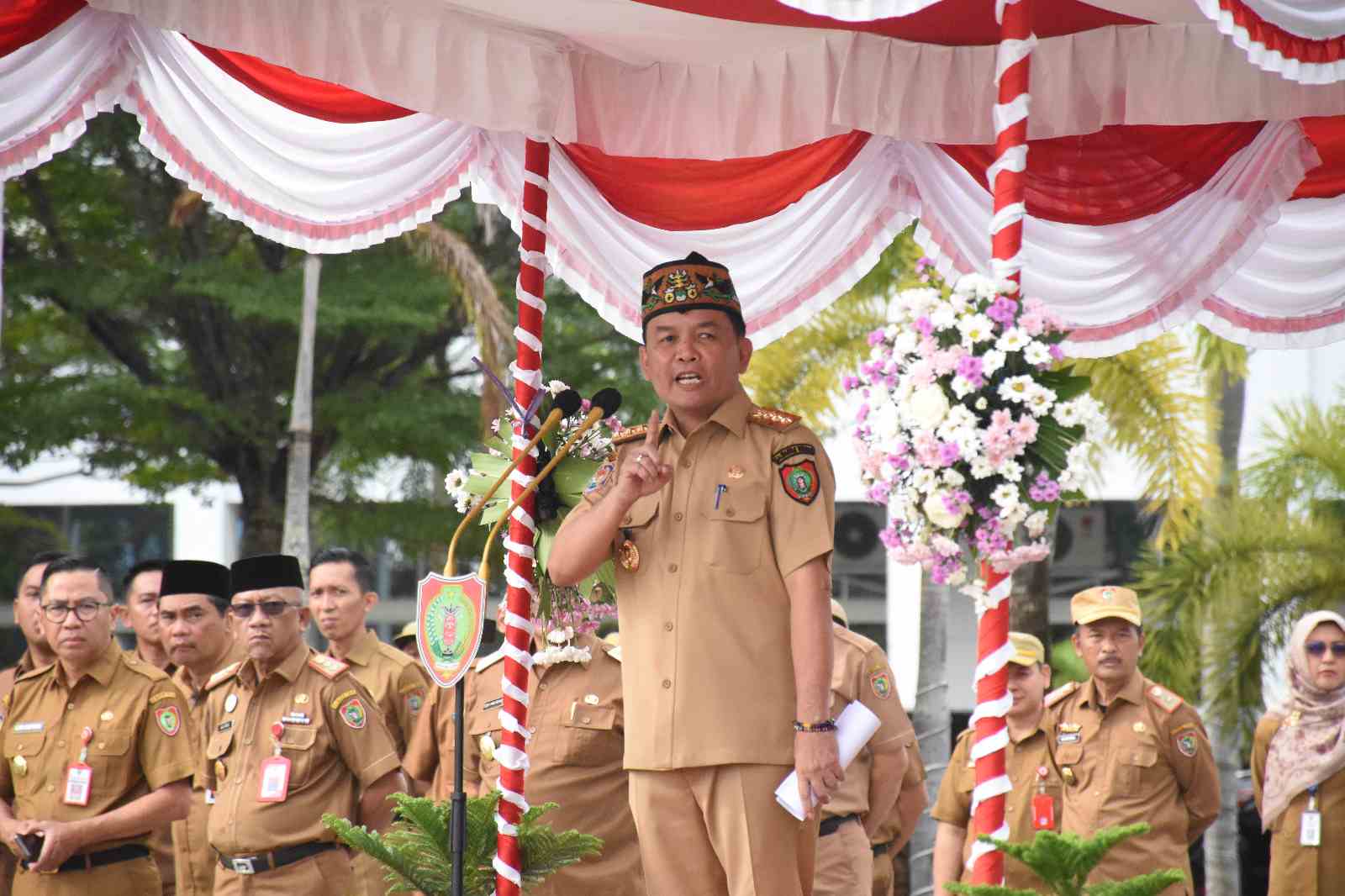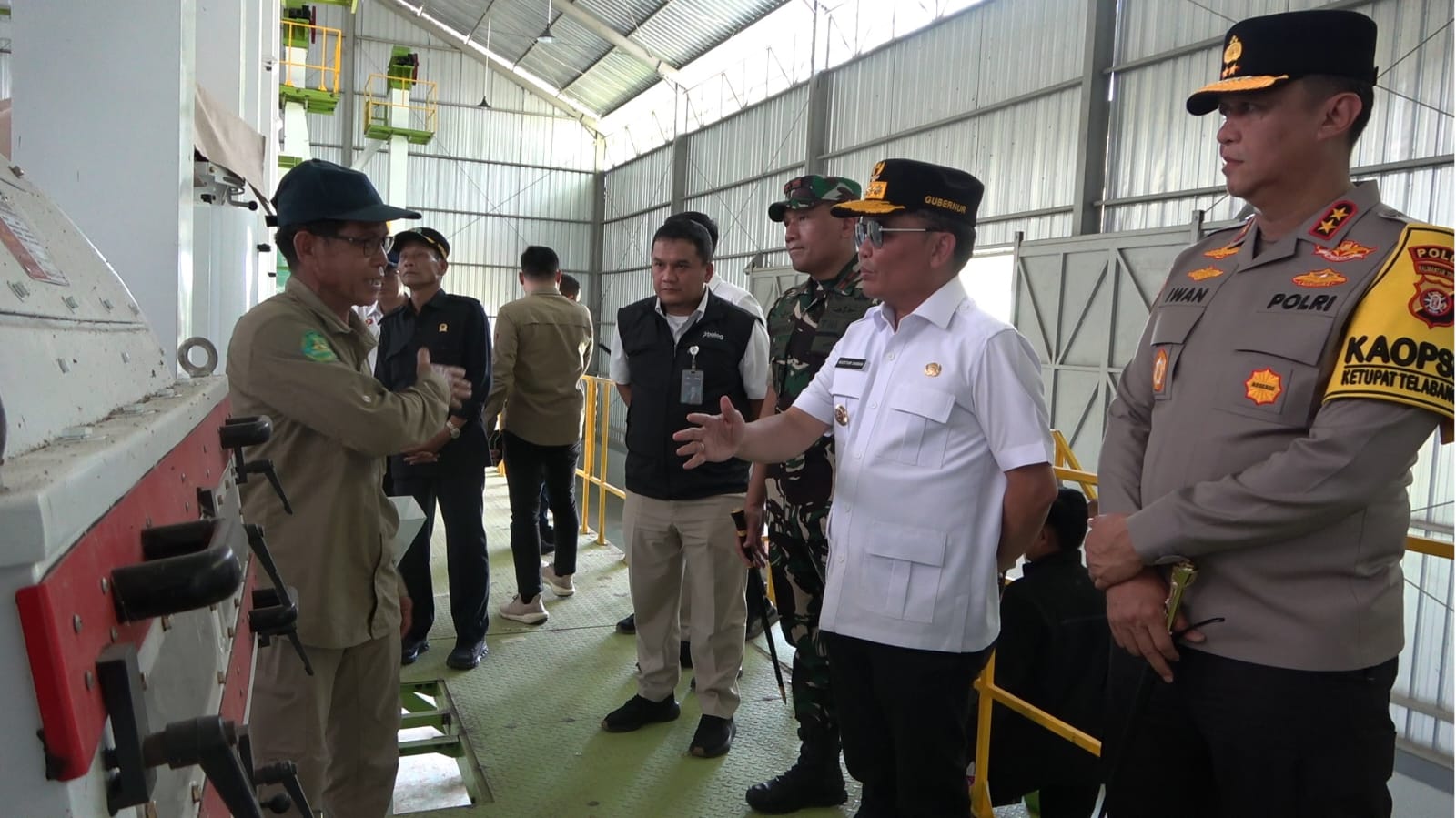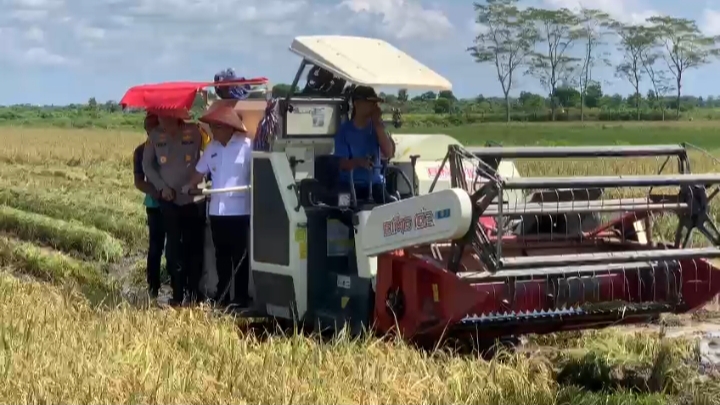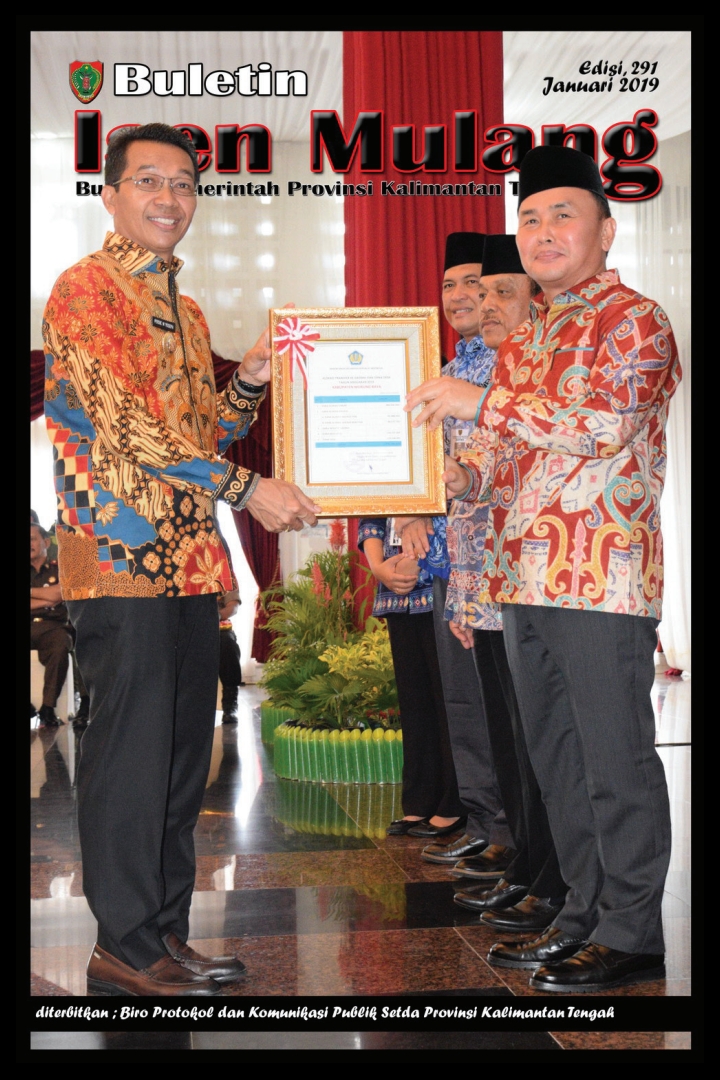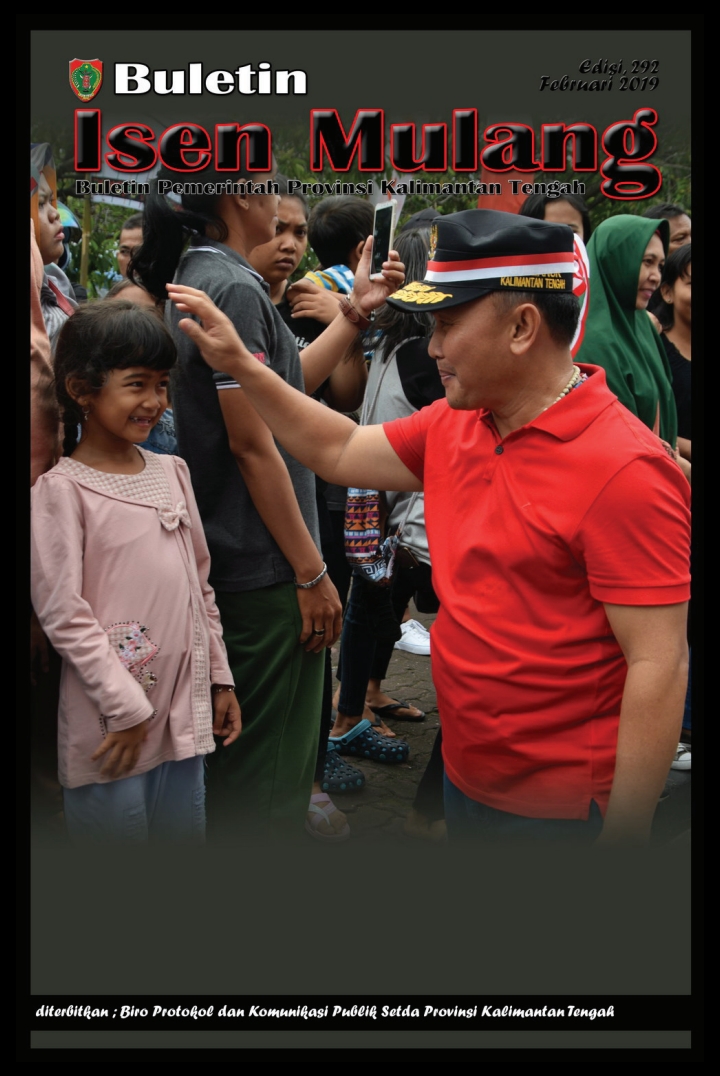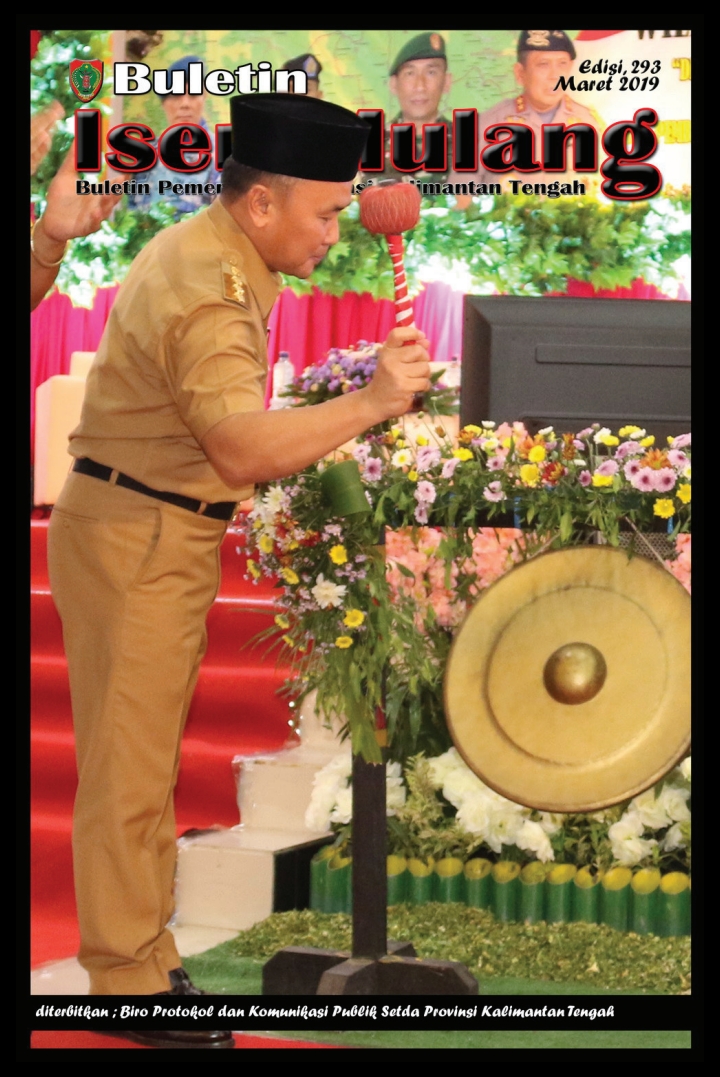3 Important Reasons for Third Dose Vaccination Program or Booster
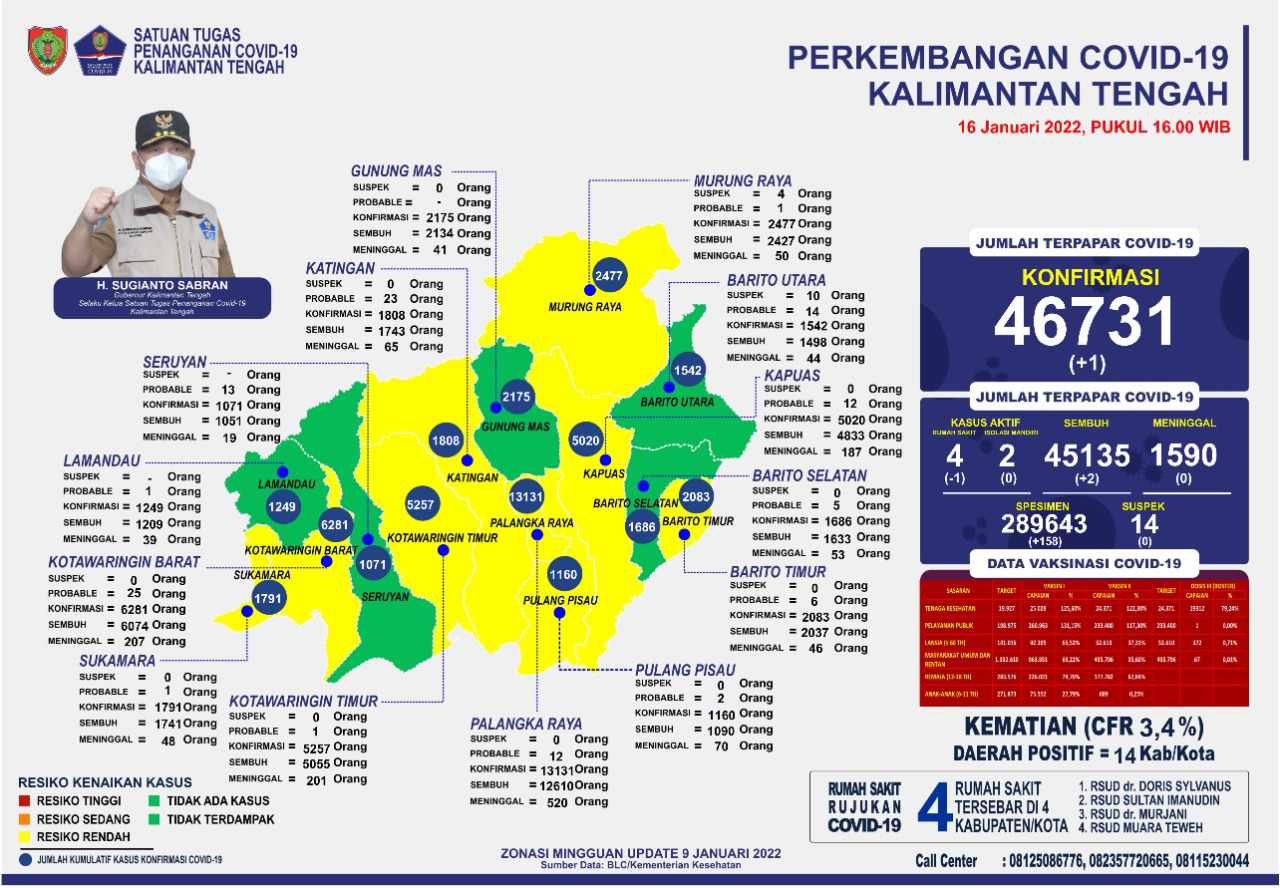
PALANGKA RAYA – EXECUTIVE ADMINISTRATION BUREAU. The Task Force for Covid-19 Handling of Central Kalimantan delivered a Press Release today, Sunday (16/4/2022) on the progress of handling the Covid-19 pandemic in Central Kalimantan until 03.00 p.m.
The Central Kalimantan Covid-19 Task Force Team, as well as the Central Covid-19 Handling Task Force, said that the third dose vaccination program or booster is a further form of primary vaccination or full dose for 1 or 2 injections depending on the type of vaccine. Booster vaccination is an effort to restore decreased immunity and clinical protection in the population found based on the results of the sero survey. Spokesperson for the Covid-19 Handling Task Force Prof. Wiku Adisasmito explained that booster vaccination is different from the term additional vaccination or additional dose, which may be needed when an individual’s immunity is not formed sufficiently after primary vaccination, which is generally found in immunocompromised patients.
From a health perspective, there are at least 3 important reasons for booster vaccination program. First, there is a tendency that the number of antibodies is decreased since 6 months after vaccination, especially in the midst of the emergence of new Covid-19 variants including the Omicron variant. Referring to the meta-analysis study and regression analysis by Fekin et al in 2021, it is known that the effectiveness of 4 vaccines that have received the EUL from WHO has decreased by 8% in activity in the last 6 months in all age groups. In the same period of time for people aged 50 years and over, there was a 10% decrease in the effectiveness of the vaccine and 32% decrease in the effectiveness of the vaccine for preventing symptoms, respectively. Second, as an effort to adapt people to live during the Covid-19 pandemic for long-term health. And, thirdly, fulfill the right of every Indonesian to access vaccines for the sake of self and community protection.
Meanwhile, from an economic perspective, with the condition of cases that can be suppressed, it can prevent the emergence of a new wave, so that community activities will be more flexible provided that they remain within the corridor of implementing strict health protocols. The booster vaccination has been carried out by the Ministry of Health in August 2021. The Ministry of Health prioritizes health workers on the grounds of an emergency due to the Delta variant invasion. And, its current expansion has taken into account aspects of vaccine safety, efficacy, and quality. The Food and Drug Supervisory Agency (BPOM), regarding booster vaccines, has collaborated with the Covid-19 Vaccine Assessment Committee, various associations, and ITAGI to target adults aged 18 years and over as the next target.
For this follow-up vaccination effort, it can be done with the same type of vaccine (homologous) or by giving a different vaccine from the one injected previously (heterolog). From the results of the BPOM study, EUA was given to 5 types of booster vaccines, namely those that were injected homologously, including Coronavac, Pfizer, and AstraZeneca while the vaccines that can be injected are homologous and heterologous, namely Moderna and Zifivax.
In the future, the BPOM with all Regional Technical Service Units will continue to oversee and monitor the implementation of booster vaccination which includes vaccine feasibility, cold chain, and expiration date. The BPOM will also conduct sampling to ensure quality, safety and efficacy aspect. In addition, the BPOM provides assistance on good drug manufacturing practices (CPOB) and the procurement of supporting facilities, such as factories for the production of domestic raw materials to 4 domestic vaccine manufacturers. Efforts to produce domestic vaccines are national independence efforts while at the same time increasing the allocation of foreign-produced vaccines for other countries that need it so that the WHO target of vaccinating 70% of the population in each country by mid-2022 will be achieved.
The Central Kalimantan Covid-19 Handling Task Force Team conveyed the numbers of data on positive confirmed Covid-19 patients in Central Kalimantan, where there was an addition of 1 person, bringing the total to 46731 people. There was an additional 2 people recovered, bringing the total to 45135 people. And, there were no additional patients died, bringing the total to 1590 people.
The Covid-19 data that had been accumulated was as follows: there was an addition of 1 person confirmed positive in Seruyan, so from 46730 people to 46731 people. There were 2 people recovered; 1 person in Seruyan and 1 person in South Barito, so that from 45133 people to 45135 people. There was a decrease of 1 person under treatment, so from 7 people to 6 people. There were no additional cases of death, so there were still 1590 people, with a mortality rate (CFR) of 3.4%.
For Bed Occupancy in Hospitals (BOR), Intensive Beds did not experience a change in Bed Occupancy (0.00%), so that it remained 2.38%, in which no Regency/Municipality had BOR above 50%, while Isolation experienced a decrease in Bed Occupancy (0.26%), so that from 1.38% to 1.12%, where there was no Regency/ Municipality whose BOR was above 50%. For the achievement of the vaccination target of 2,036,104, the realization of Dose I Vaccination for Central Kalimantan Province has reached 83.03%. All Regencies/Muncipality have achieved more than 70% of Dose I Vaccination. To achieve the vaccination target for teachers and education personnel, high schools (SMA), and equivalent vocational schools (SMK), there is no additional realization of PNS/GTT/PTT Vaccinations so that it remains at 6,258 or 79.01%. There was no addition of Dose I for SMA/SMK, so it remained at 73,202 or 76.95%, and there was no addition of Dose II for SMA/SMK so it remained at 32,403 or 34.06%.
Based on Instruction of the Minister of Home Affairs Number 02 of 2022 dated January 3, 2022 on the Implementation of Restrictions on Community Activities at Level 3, Level 2 and Level 1 and Optimizing the Command Post for Handling Corona Virus Disease 2019 at the Village and District Level to Control the Spread of Corona Virus Disease 2019 in the Sumatra, Nusa Tenggara, Kalimantan, Sulawesi, Maluku, and Papua, for regencies/municipality in Central Kalimantan Province, there are three criteria, namely Level 1, Level 2, and Level 3 (valid until January 17, 2022). The regencies/municipality with these criteria include: Level 1 (East Kotawaringin, Kapuas, South Barito, North Barito, Seruyan, Lamandau, Gunung Mas, Pulang Pisau, and East Barito); Level 2 (West Kotawaringin, Katingan, Murung Raya, and Palangka Raya); and Level 3 is Sukamara. (din/trans.by feb)

